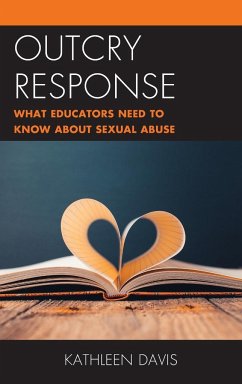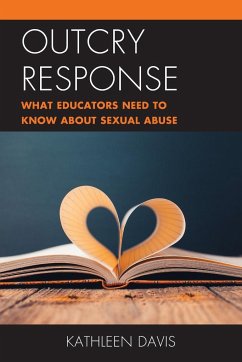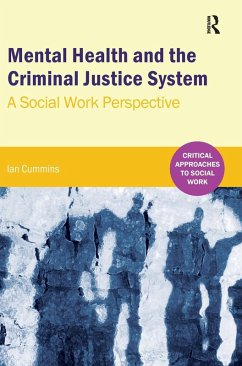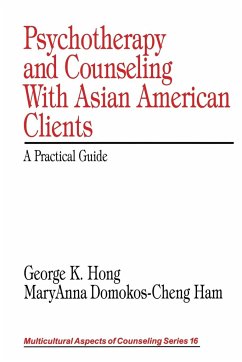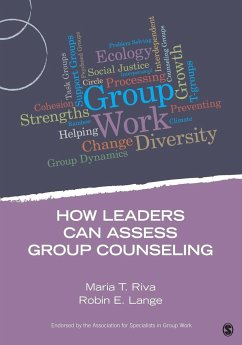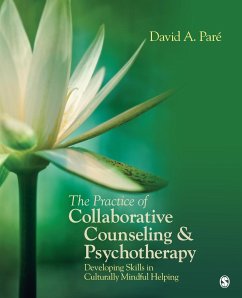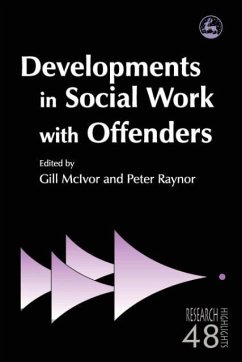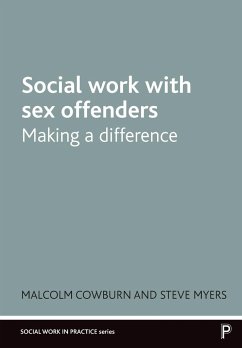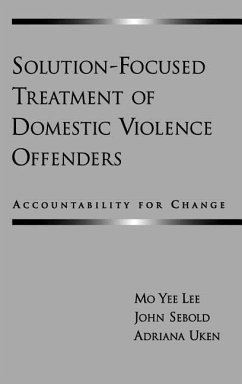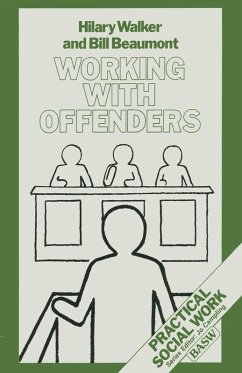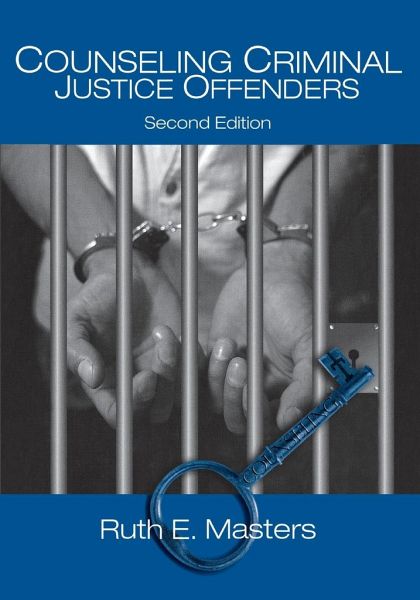
Counseling Criminal Justice Offenders

PAYBACK Punkte
74 °P sammeln!
Counseling Criminal Justice Offenders, Second Edition takes a practical view of offenders, their problems, and the difficulties counselors face working with them in criminal justice settings. Author Ruth E. Masters examines criminal justice counseling on an individual and group basis and in a variety of settings such as prisons, probation and parole agencies, diversion programs, group homes, halfway houses, prerelease facilities, and U.S. jails. The book also explores the many faces of offenders - young, old, male, female, and across many cultures. The Second Edition of Counseling Criminal Jus...
Counseling Criminal Justice Offenders, Second Edition takes a practical view of offenders, their problems, and the difficulties counselors face working with them in criminal justice settings. Author Ruth E. Masters examines criminal justice counseling on an individual and group basis and in a variety of settings such as prisons, probation and parole agencies, diversion programs, group homes, halfway houses, prerelease facilities, and U.S. jails. The book also explores the many faces of offenders - young, old, male, female, and across many cultures. The Second Edition of Counseling Criminal Justice Offenders recognizes that individuals who counsel offenders in the criminal justice system often have not had the extensive training of a licensed psychologist and this text is designed to provide readers with an understanding of the counseling process. The book explores practical knowledge of legal principles, appropriate and effective counselor attitudes, and the past and present protocols of American corrections. Primarily designed for criminal justice students taking correctional counseling courses, Counseling Criminal Justice Offenders, Second Edition is also a vital resource for any Criminal Justice, Social Work, Psychology, or Counseling practitioner interfacing with offenders.





